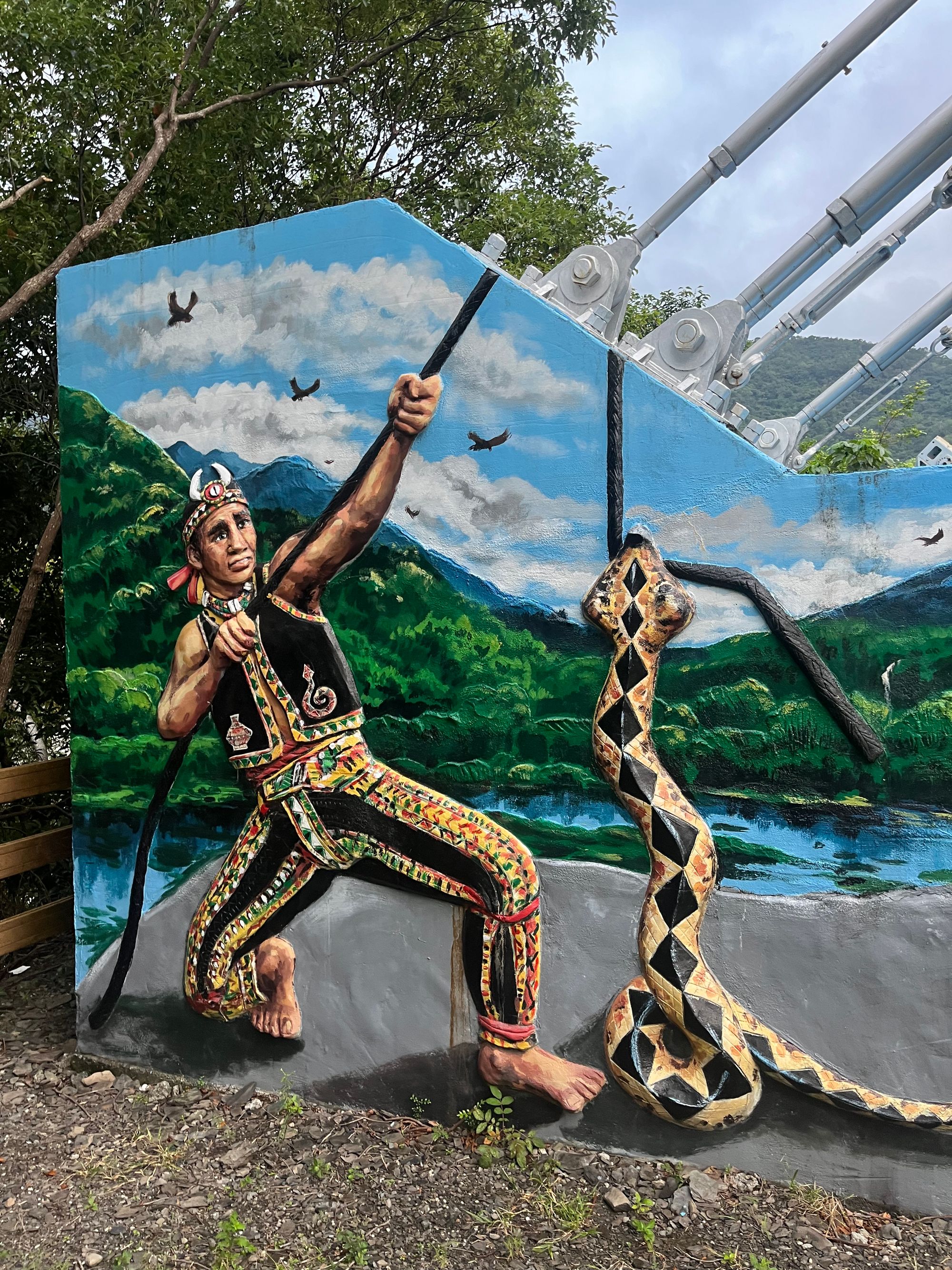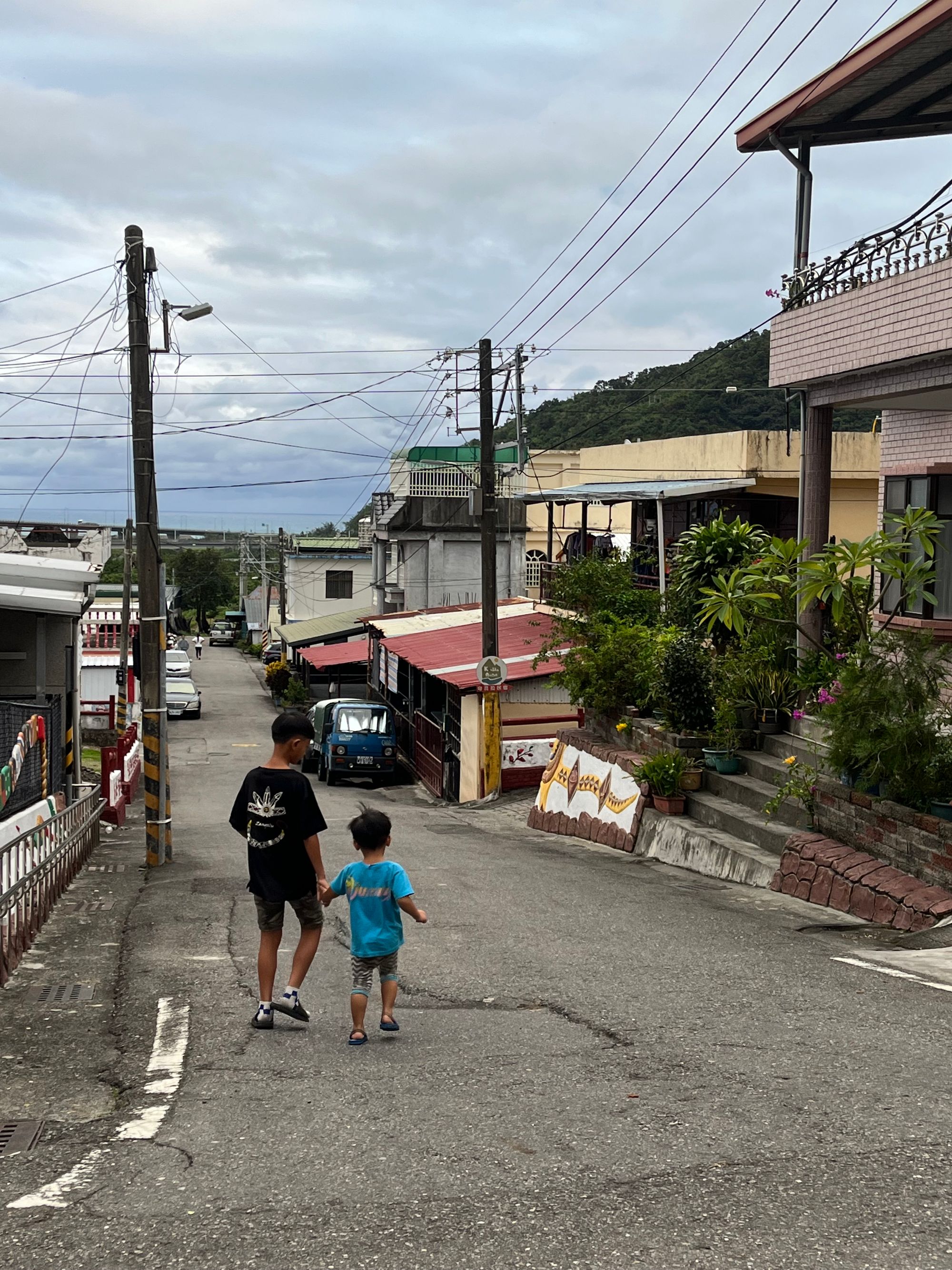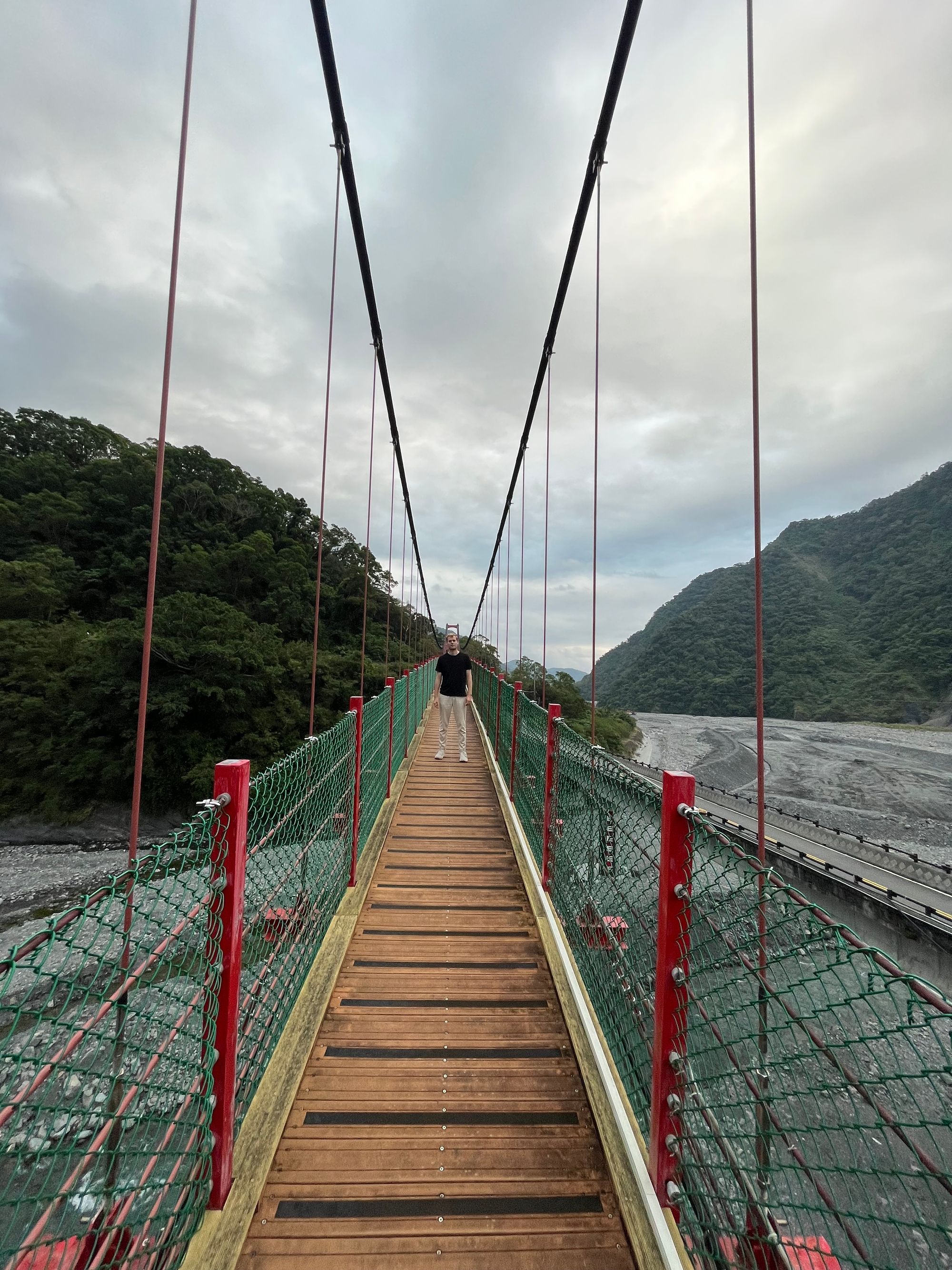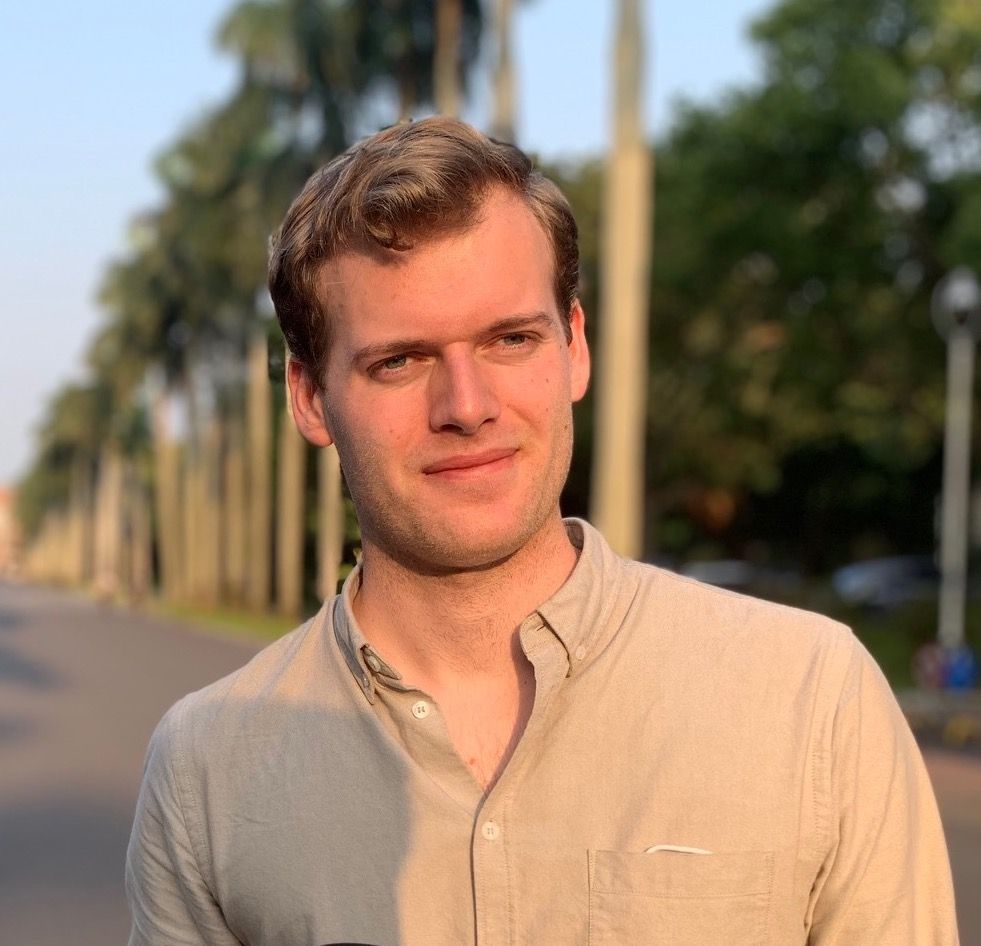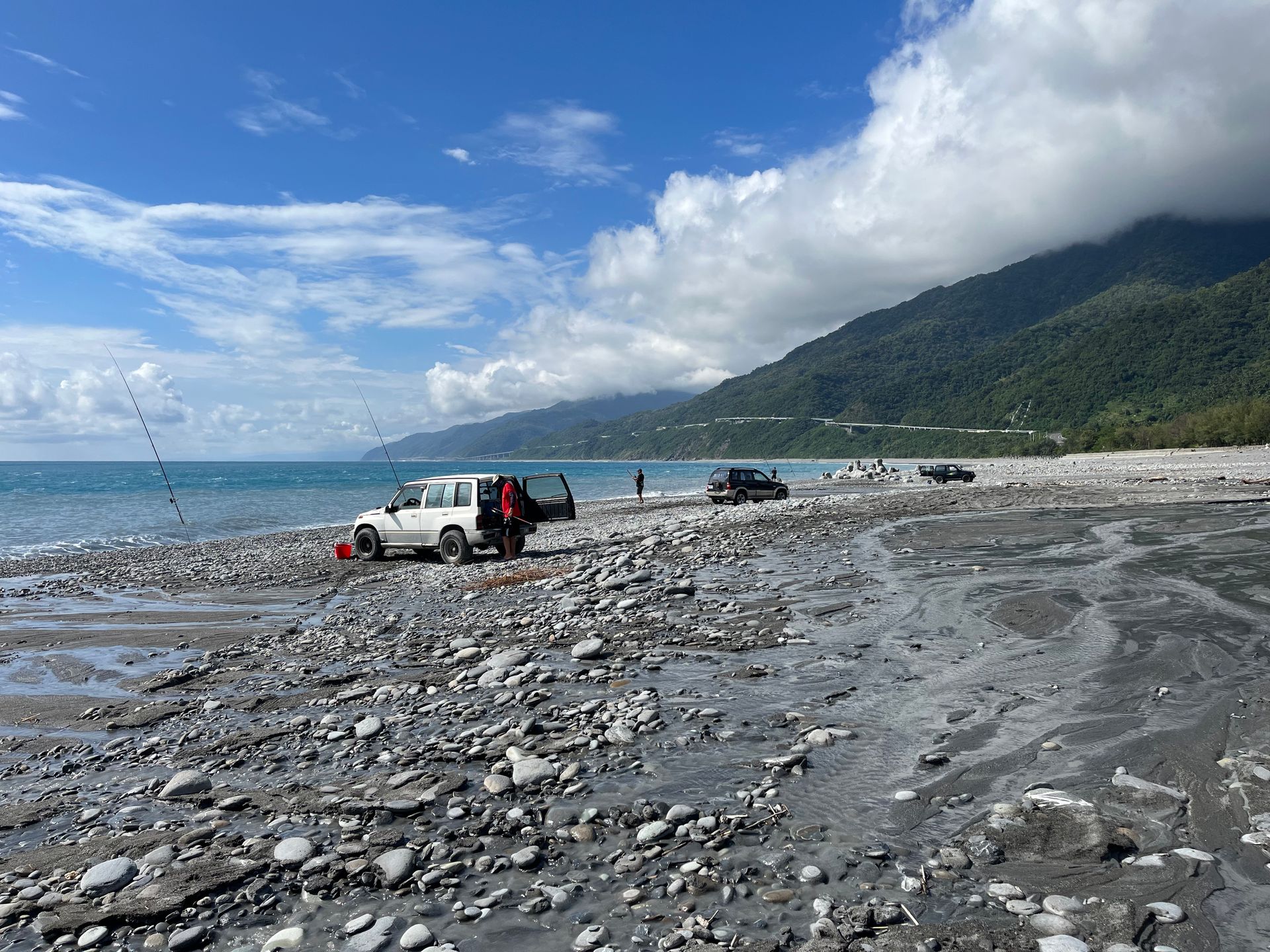📍Taiwan, October 2023. 🇹🇼
Located on the southern end of Taiwan’s eastern coastline sits the Austronesian township of Taimali. About 10'000 people live here - somewhere nested in between the almost 4000m tall mountains of central Taiwan and the Pacific Ocean. Despite being relatively well connected by both rail and highway to rest of Taiwan, Taimali feels like a distinctly different place due to the indigenous Ami and Paiwan people who inhabit the area.
Here local non-Chinese languages are spoken. Murals here display animalistic religiosity that has fused with Christianity. Fishermen line the coast. Totem poles rise above the town gates. The food tastes different.
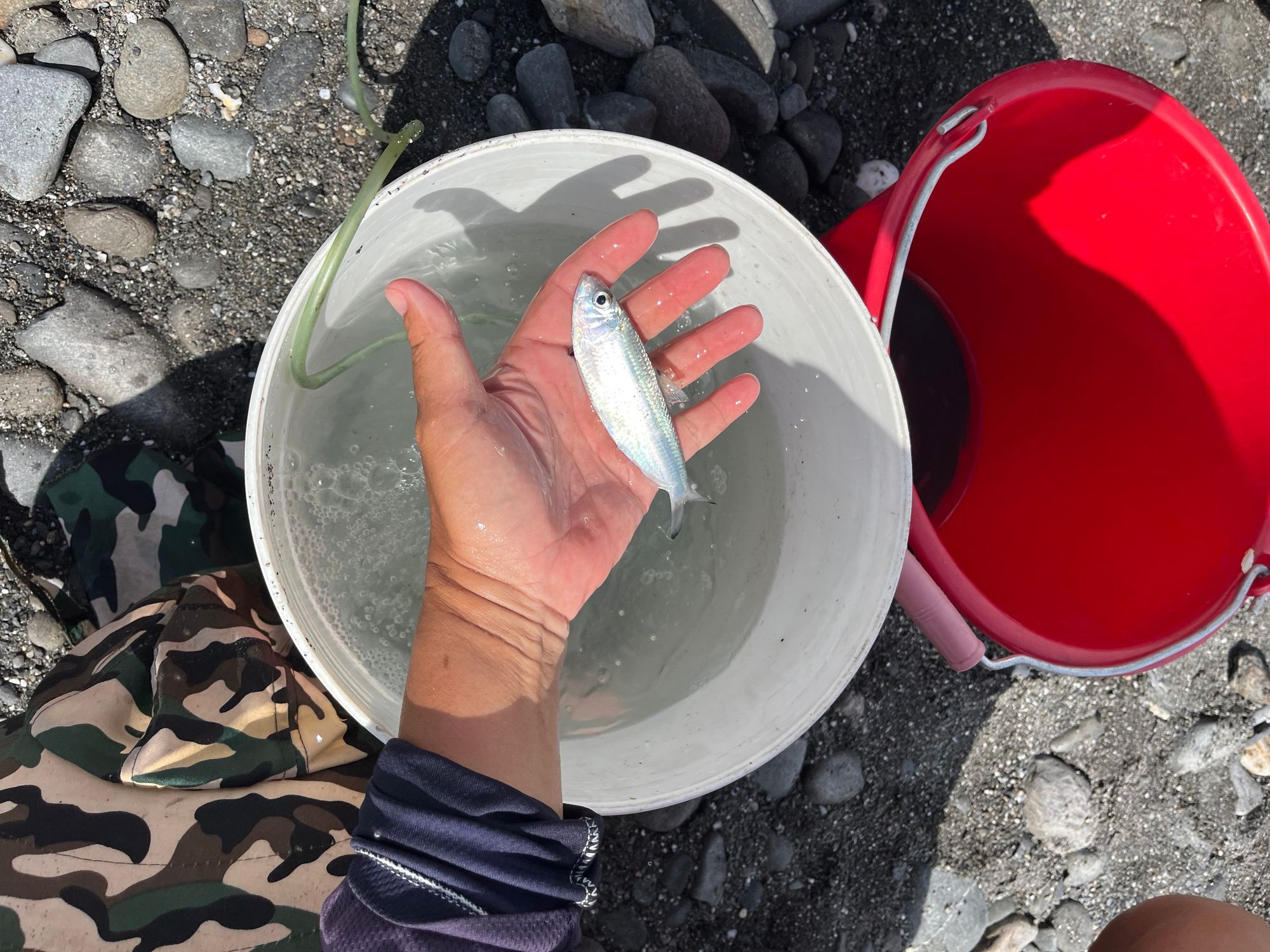
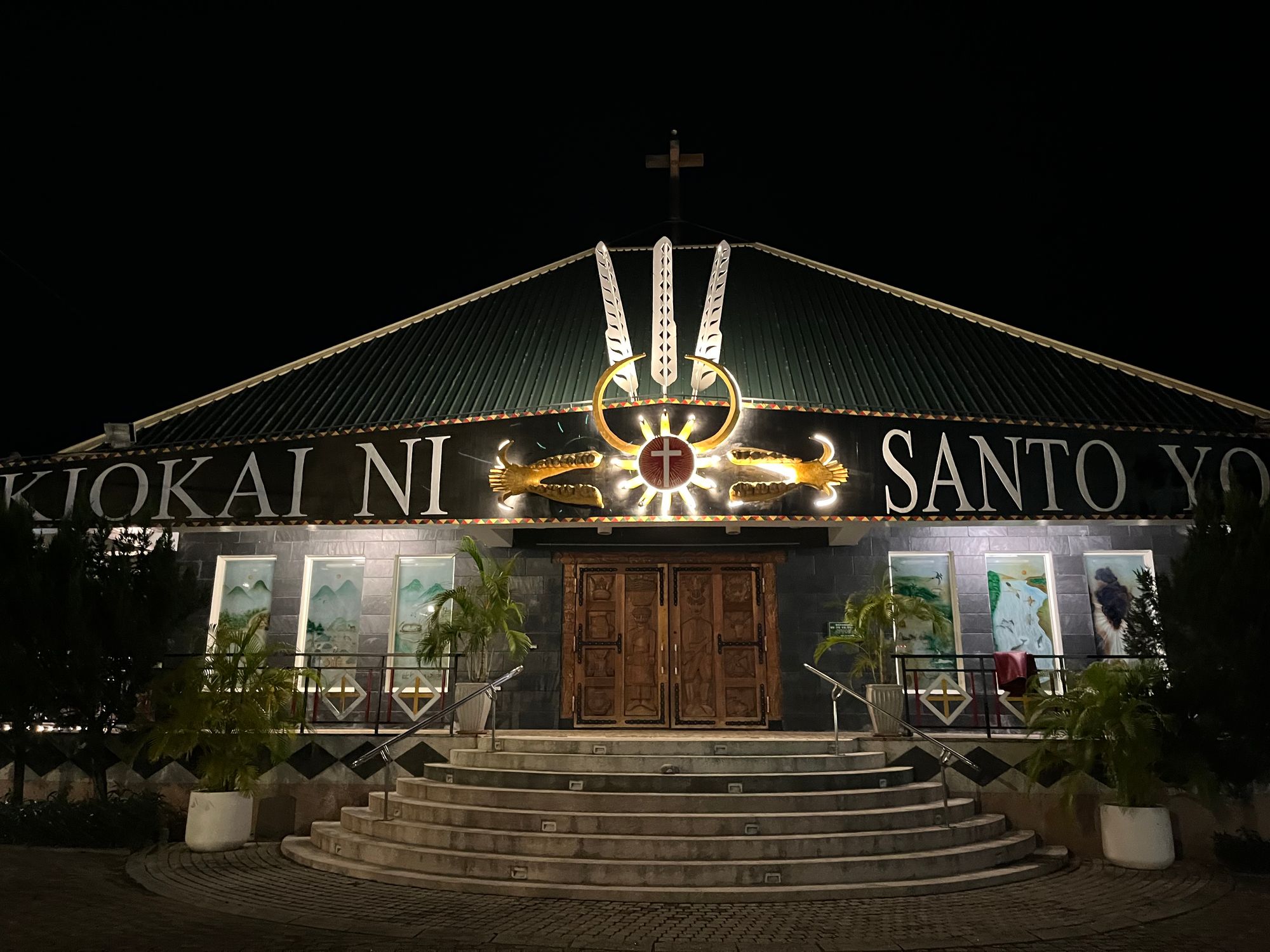
Hiding behind the relatively prospering communities of Taimali today lies a dark history of colonialism and modernization. First by European missionaries seeking to impose their religious beliefs, then by the Japanese - forcing the Ami and Paiwan to urbanize, and later under the KMT dictatorship who perused a policy of land seizures and assimilation. As a result, the ~800’000 indigenous people of Taiwan today are in a worse socioeconomic position than their non-indigenous peers.
Despite this legacy of structural violence, seeing that the Ami and Paiwan people today are embracing their cultural heritage, and that young non-indigenous Taiwanese are increasingly positive towards their indigenous population and their culture is from my (outsider) perspective a testament to how Taiwanese democracy has managed to come to terms with parts of its darker past and managed to educate young people about the country’s history.
In 2016, the country’s incumbent president, Tsai Ying-Wen, who is part indigenous herself, apologized on behalf of the state for the crimes committed against the them since the island was first colonized 400 years ago.
